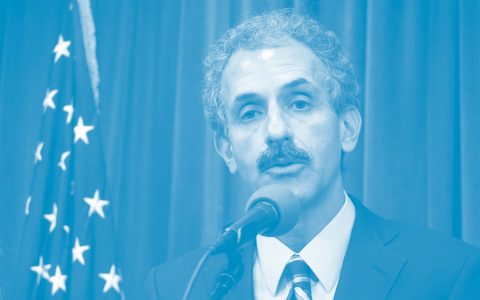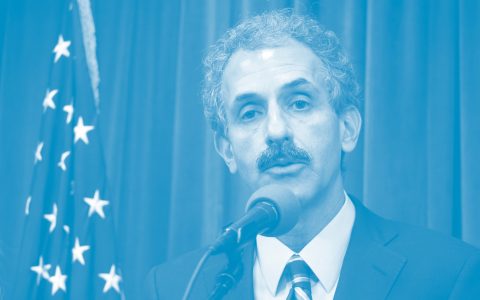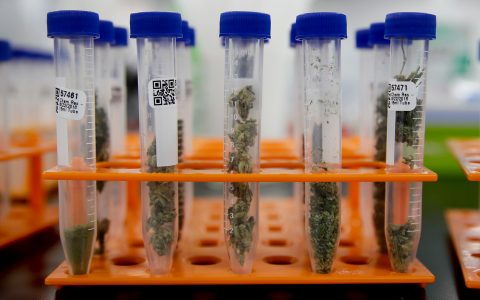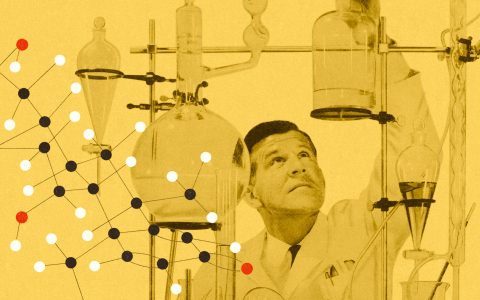LOS ANGELES (AP) — Marijuana shoppers are going to be getting a message from California regulators: Go legal.
Aiming to slow illegal cannabis sales that are undercutting the nation’s largest licensed market, California is kicking off a public information campaign — Get #weedwise — that encourages consumers to verify that their purchases are tested and legal.
Ads will be hitting social media sites and billboards promoting a state website where shoppers can quickly check if a shop is licensed — CApotcheck.com.
The advertising campaign makes a simple argument: You don’t know what you’re getting if you buy illegal products.
One ad warns, “What’s in your weed shouldn’t be a mystery. Shop licensed cannabis retailers only.”
The new push in the fight against illegal cannabis sales will be formally announced Friday at a Los Angeles forum featuring industry leaders, regulators and elected officials.
The campaign “will directly impact consumer safety by clarifying that only cannabis purchased from licensed retailers has met the state’s safety standards,” Bureau of Cannabis Control Chief Lori Ajax said in a statement.
The ads are also intended to telegraph a warning to illicit shops and underground growers: Get licensed to operate in the legal market, or shut down.
California kicked off broad legal sales Jan. 1, 2018. But the illegal market has continued to thrive, in part because consumers can avoid steep tax rates by buying in unlicensed dispensaries.
But there’s a trade-off for saving a buck. Illegal products have not met strict state testing standards and could be tainted by mold, pesticides, heavy metals — even human waste.
“Do you know what’s hiding in your counterfeit edibles?” one ad asks. “Shop licensed cannabis retailers only.”
Agency spokesman Alex Traverso said the ads are part of a three-pronged campaign to eventually corral illegal sales — the others are enforcement, including shutting down illegal shops and farms, and quickly licensing businesses that want to enter the legal economy.
The state is spending an initial $1.7 million on the campaign and hopes to “get it in front of as many eyeballs as possible,” Traverso said.
The state has been under pressure by the legal industry to do more to stop illegal sales. By some estimates, Los Angeles has hundreds of illegal shops and cultivation sites.
No one is predicting the campaign will bring illicit sales to a halt, but it’s being seen as another step to aid legal businesses as the state transitions from what was once a largely illegal economy into a multibillion-dollar, regulated marketplace.






